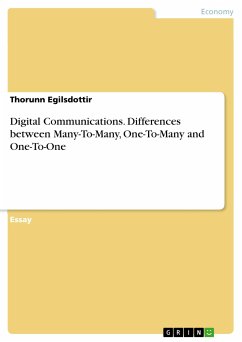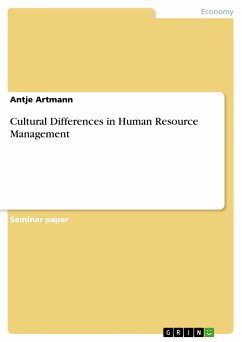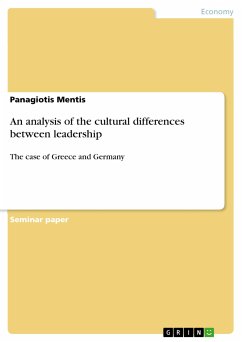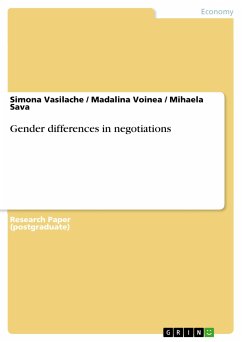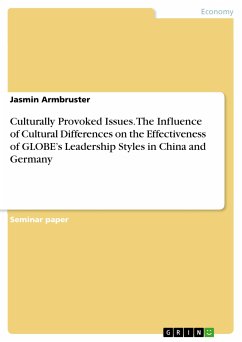Essay from the year 2019 in the subject Business economics - Corporate communication, grade: 80%, University of Salford (The Digital Marketing Institute Ireland), language: English, abstract: This document looks at the evolution of one-to-one, one-to-many and many-to-many communications and reveals the main differences between these communication approaches. A separate section will take a closer look at social media which have influenced how audiences want to be marketed to today. The world can be divided into physical and virtual parts. Prensky distinguishes between digital natives and digital immigrants. Because digital technologies evolve very fast, companies must adapt quickly in order to interact with customers in a sustainable way. Lastly, this paper displays the techniques that are required of today's marketers. Before the Industrial Revolution enabled mass production, local store owners relied on one-to-one communication. While storekeepers knew their customers and their individual purchase histories, it was not possible to expand to a high level of personalisation. With the arrival of print and later broadcast advertising, marketing evolved to one-to-many communications. In 1994, the World Wide Web enabled an even broader reach than television, radio and newspapers. Hackley and Kitchen wrote in 1998 that "consumers are social". Early websites erased the boundaries of space and time, although they did not yet enable two-way communication. Marketers were still targeting their customers with mass media messages.
Dieser Download kann aus rechtlichen Gründen nur mit Rechnungsadresse in A, B, BG, CY, CZ, D, DK, EW, E, FIN, F, GR, HR, H, IRL, I, LT, L, LR, M, NL, PL, P, R, S, SLO, SK ausgeliefert werden.

